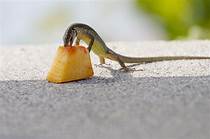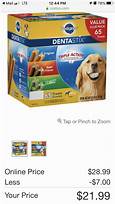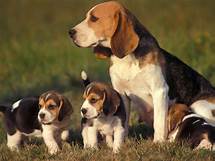What Do Pet Lizards Eat?
Lizards are a popular choice for pets, and they come in a wide variety of sizes, shapes, and colors. One of the most important things to consider when owning a lizard is what to feed it. The diet of a pet lizard will vary depending on its species, but there are some general guidelines that can help you provide your pet with the nutrients it needs to stay healthy and happy.

Insects
Insects are a staple food for many pet lizards. Crickets, mealworms, and dubia roaches are all popular choices. Insects should be fed to your lizard live, as they are more nutritious than dead insects. You can purchase live insects at most pet stores.
When feeding insects to your lizard, be sure to choose a size that is appropriate for its mouth. Insects that are too large can be difficult for your lizard to eat, and insects that are too small may not provide enough nutrients. You should also avoid feeding your lizard insects that have been treated with pesticides or herbicides.
Vegetables
Vegetables are another important part of a pet lizard's diet. Leafy greens, such as kale, collard greens, and romaine lettuce, are all good choices. You can also feed your lizard other vegetables, such as carrots, squash, and sweet potatoes. Vegetables should be chopped into small pieces before being fed to your lizard.
When feeding vegetables to your lizard, be sure to wash them thoroughly to remove any pesticides or herbicides. You should also avoid feeding your lizard vegetables that are high in oxalates, such as spinach and rhubarb. Oxalates can bind to calcium in the body, making it difficult for your lizard to absorb this essential nutrient.
Fruits
Fruits can be a healthy treat for pet lizards. Fruits that are high in water, such as berries and melons, are good choices. You can also feed your lizard other fruits, such as apples, bananas, and grapes. Fruits should be chopped into small pieces before being fed to your lizard.
When feeding fruits to your lizard, be sure to wash them thoroughly to remove any pesticides or herbicides. You should also avoid feeding your lizard fruits that are high in sugar, such as grapes and raisins. Sugar can lead to weight gain and other health problems in lizards.
Supplements
In addition to a healthy diet, pet lizards may also need supplements to ensure that they are getting all of the nutrients they need. Calcium is an essential nutrient for lizards, and it can be supplemented with a calcium powder or liquid. Other supplements that may be beneficial for pet lizards include vitamin D3, vitamin A, and vitamin E.
When choosing a supplement for your pet lizard, be sure to talk to your veterinarian. They can help you choose a supplement that is appropriate for your lizard's species and dietary needs.
Declaration: All article resources on this website, unless otherwise specified or labeled, are collected from online resources. If the content on this website infringes on the legitimate rights and interests of the original author, you can contact this website to delete it.




